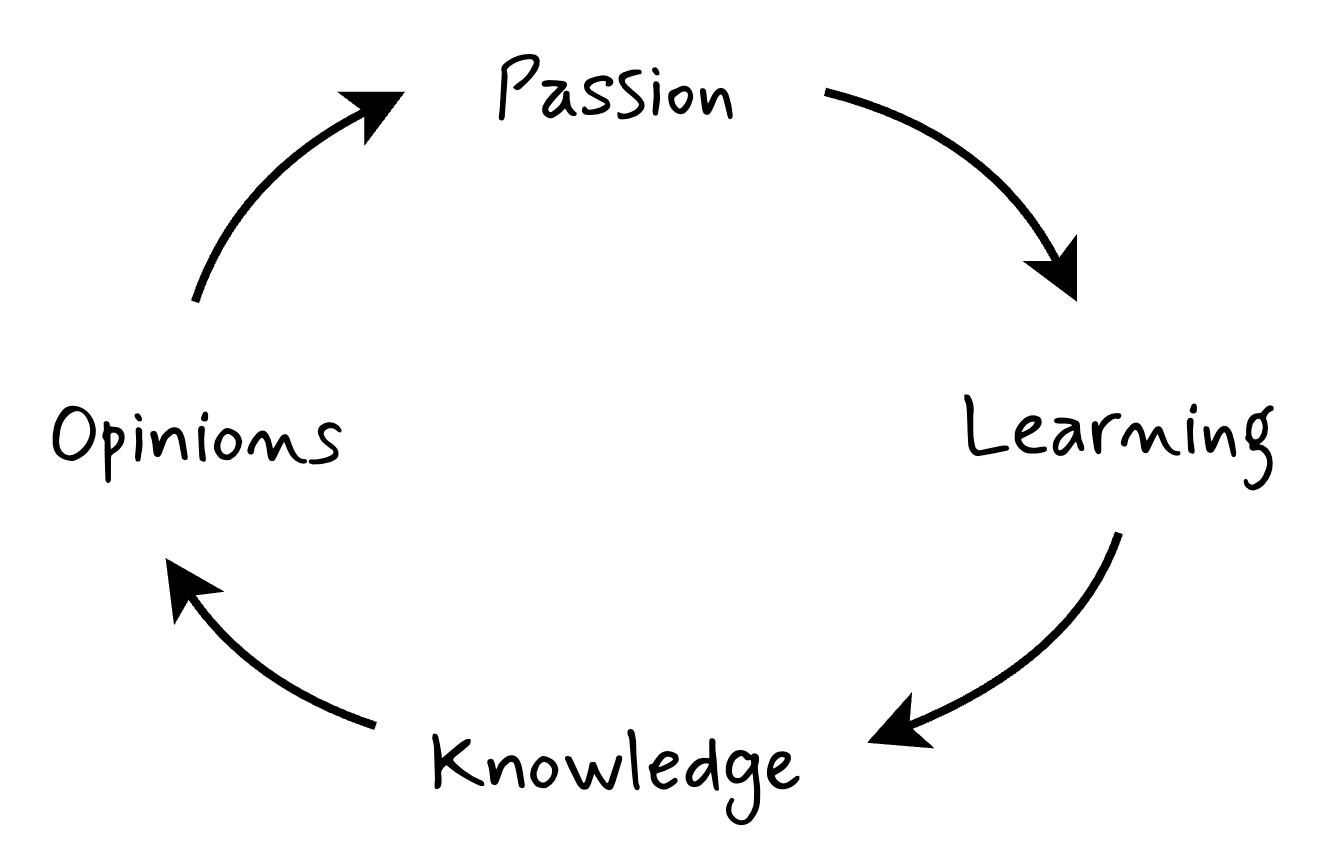"spaces" vs "tabs"
- 4 minsI was recently with a group of software developers when someone casually mentioned the “spaces” versus “tabs” debate. The mood instantly shifted — voices rose, opinions sharpened, and you could practically feel the tension in the air. To everyone else, this is quite bewildering. Why are these “weird creatures” so fired up over something so trivial? To outsiders — or even newcomers to our field — this might look like a colossal waste of time. Why not channel all this energy into solving real problems that make the world a better place™, or figuring out why that one CI pipeline always fails on Fridays? This debate is so infamous that there’s a term for it: bikeshedding (Parkinson’s Law of Triviality), which describes our tendency to spend excessive energy debating insignificant details.
![]()
But the thing is, these debates, trivial as they may seem, are not pointless. In fact, I think they’re a good thing. Yes, you read that right. The very fact that developers are willing to wage wars over “spaces” versus “tabs,” “rebase” versus “merge,” or “ViM” versus “Emacs” is a sign of something deeper: ✨ passion ✨.
Here's my theory: "Passionate people are opinionated".
Passionate people are opinionated, and strong opinions are rooted in knowledge and experience. If someone has a favorite indentation style, chances are it’s not just because it “looks nicer.” It’s because they’ve wrestled with unreadable codebases, argued over linters, and formed a battle-tested belief about what works best. These arguments may seem petty, but they stem from a genuine investment in the craft.
Unrelenting passion transforms a job into a craft — for a software engineer, it’s the difference between slapping together code to make something “just work” and meticulously designing systems that are reliable, maintainable, and even elegant. This love for the craft leads to a deeper sense of ownership and pride in one’s work, which benefits everyone, in general.
Here's another theory: "Opinionated people are good for teams".
Passionate, opinionated people care. They care so much that they’ll fight for what they believe is the best approach, even if it’s over something seemingly minor. This intrinsic motivation — the drive to do things well simply because they matter — is invaluable. Their core principles act as a compass, helping them navigate challenges and setbacks, which makes them more resilient. They’ll stick with a problem not because they have to, but because they want to. Over time, this passion creates a virtuous cycle: passion leads to learning (knowledge), which informs strong opinions, which, in turn, fuels even more passion. It’s like a flywheel, gaining momentum and driving continuous improvement.

When someone is deeply knowledgeable about their craft, they naturally set high standards for themselves and those around them. Sometimes, this comes off as arrogance, but it’s easy to differentiate it from passion if you look closely. Moreover, passion is contagious — that one highly passionate developer on your team will inspire others to raise their game, creating more passionate developers, and in the process, improving the overall standard of the team.
That being said, it’s very hard to hire passionate people. They are hidden in plain sight and are easy to miss if you don’t pay attention. One of my favorite litmus tests during interviews to seek passionate people is to ask, “What’s one thing you absolutely hate doing, and why?”. That’s because opinionated people hate doing things they don’t believe in, so the answer to this question often reveals a lot — not just about their technical preferences, but about the values driving their passion. And that’s great because it means they’ll push back when they see a bad decision looming. They’ll fight for what’s right, not because they’re difficult, but because they care too much to settle for mediocrity.

So, the next time you see developers squabbling over spaces and tabs, don’t roll your eyes. Instead, take it as a sign of the passion these people have for the work they love doing. They care about the small things because they know that it’s these small things that take software from being “good enough” to being something that stands the test of time. And if that means the occasional heated debate about indentation styles, it’s well worth my buck, any day!
📬 Found this interesting? Boring? Send me an email with your thoughts!
